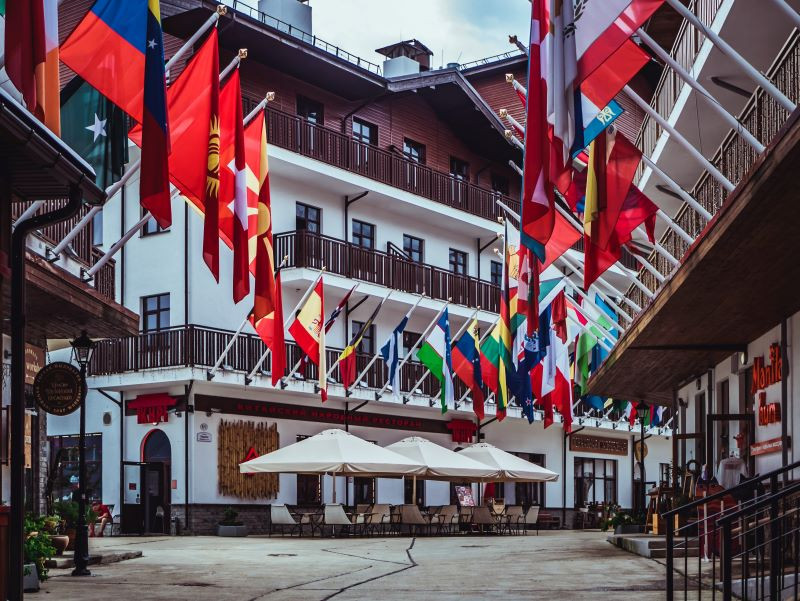
The Need for a Global Plastics Treaty
8th Oct 2020
The production of plastic keeps rising. It is time for international action on our plastic crisis. Plastic is the wonder material that changed the world. However, despite modern understanding of its environmental impacts, plastic production keeps rising.

Some numbers
- Since the 1950s, humans have produced 8.3 billion metric tonnes of the product
- Globally, only 9% of plastics are recycled
- Eight million tonnes of plastic enters the oceans every year
- If plastic production keeps growing at the present rate, there will be more plastic than fish in our oceans, by weight, by 2050
Not just an environmental problem …
Plastic waste includes macroplastics (larger than 5mm) and microplastics, which float invisibly in the air we breathe, and in our waterways. Plastic is so ubiquitous that it's seeped into our bodies. The US-based Centre for Disease Control and Prevention estimates that BPA – an industrial chemical used to make some plastics, and found in the epoxy resin that lines canned food – can be detected in 95% of the population.
What can we do?
While existing international treaties attempt to limit plastic waste, they do so in a piecemeal fashion. No treaty covers all aspects of the plastic problem. A global plastic pollution treaty could be the answer. International consensus on the best way to tackle plastic waste will likely take a few years, and will be subject to massive pushback by entrenched interests.
What can you do?
As individuals, we can still take action ourselves. It is up to consumers to make choices that will reduce their own plastic consumption, and it is up to producers to change the materials they use to help reduce plastic pollution. If you own a cafe or restaurant, why not think about making the switch to compostable foodservice items – and if you own a packaging business, why not look into bioplastic as an alternative to traditional plastic wrap? Until we get an international treaty that will properly limit plastic pollution, we must all take a degree of responsibility in our everyday lives.
Information taken from Monash University. Read about the 'Blue Planet effect' and its relevance to businesses, and the product recall BioPak has issued, on our blog.
Planet Friendly Packaging acknowledges the traditional custodians of the land on which we work. Our thoughts go out to everyone affected by COVID-19. Stay safe.
